Support sustainable innovation in opera and dance
Outdated browser
Book © Alif Caesar Rizqi Pratama i
FEDORA Book Club
FEDORA's Activities, Experience Opera and Ballet Online
Discover a selection of dance books that we have handpicked for you in collaboration with our partner Dance Icons!
With topics ranging from dance history to dance and cinematography, both in English and in French, we are pleased to share this list of books with those of you who wish to learn more about the world of choreography.
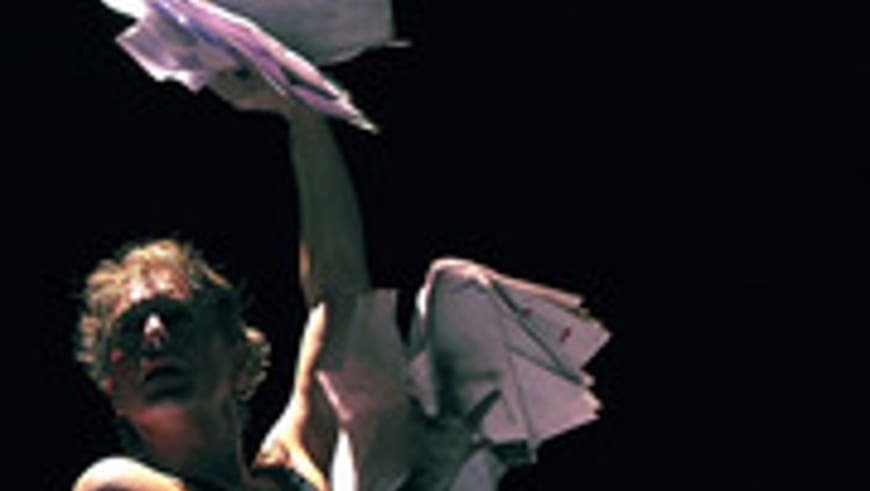
© RR i
By Mark Franko and Alessandra Nicifero
This book brings together essays originally published by Mark Franko between 1996 and the contemporary era, and offers an important resource in the fields of Dance and Performance Studies.
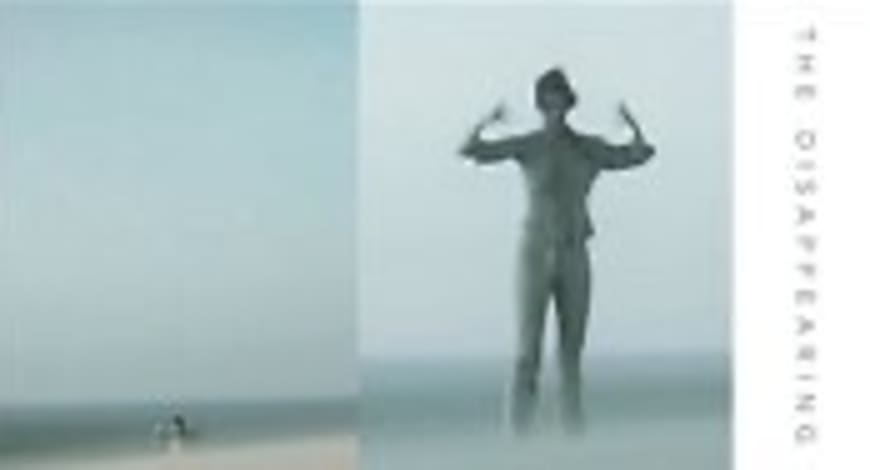
© RR i
By Anna Pakes
Dance is often considered an ephemeral art, one that disappears nearly
as soon as it materializes, leaving no physical object behind. Yet some
dance practice involves people trying to embody something that
exists before - and survives beyond - their particular acts of dancing.
What exactly is that thing? And (how) do dances continue to exist when
not performed?
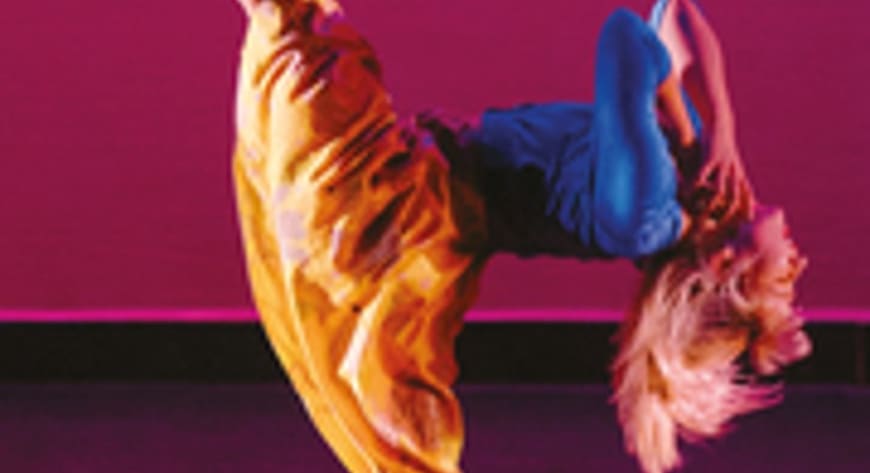
© RR i
By Amanda Clark and Sara Pecina
Dance Appreciation is an exciting exploration of how to
understand and think about dance in all of its various contexts. This
book unfolds a brief history of the performing art form with engaging insight into the
social, cultural, aesthetic and kinetic aspects of various forms of
dance.
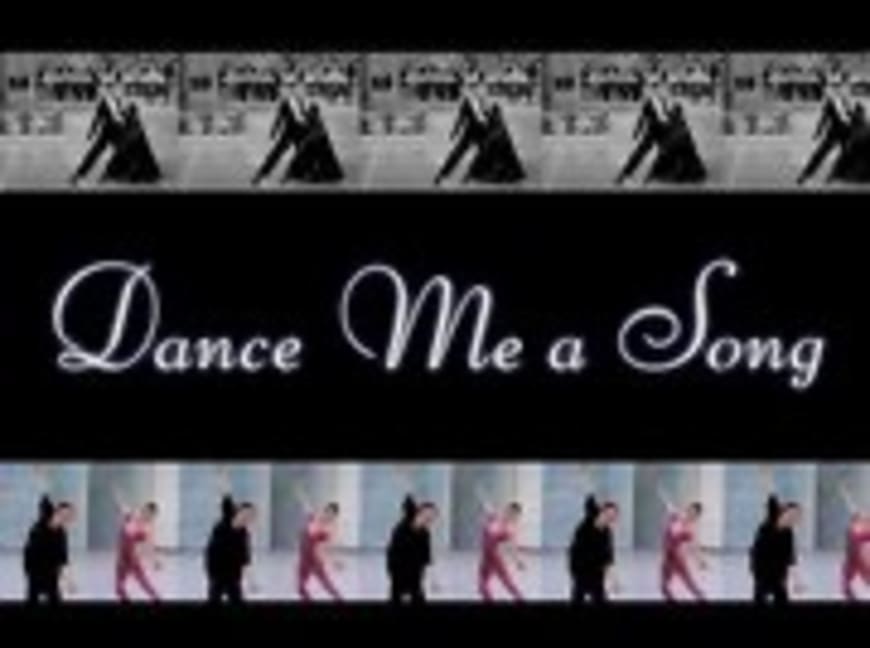
© RR i
By Beth Genné
Learn more about Astaire's, Balanchine's, and Kelly's collaborations with composers and film-makers that crossed stylistic and class boundaries to develop a truly modern dance style and genres for the film musical.
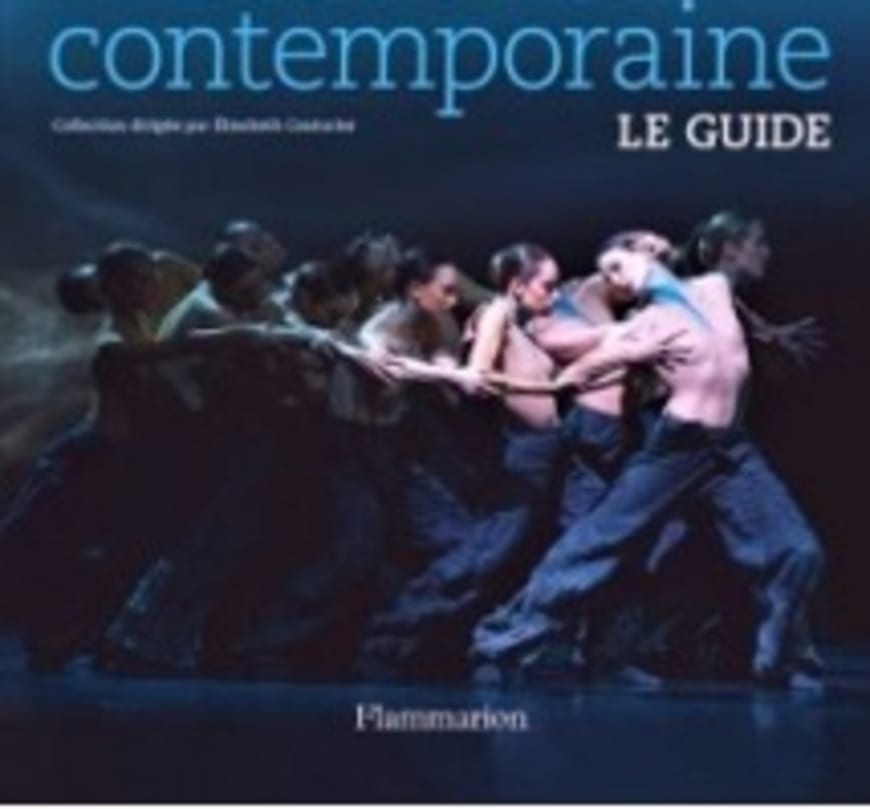
© RR i
By Philippe Noisette
Learn more about contemporary dance with this collection that deciphers the contemporary world through its artistic expressions and ways of thinking.
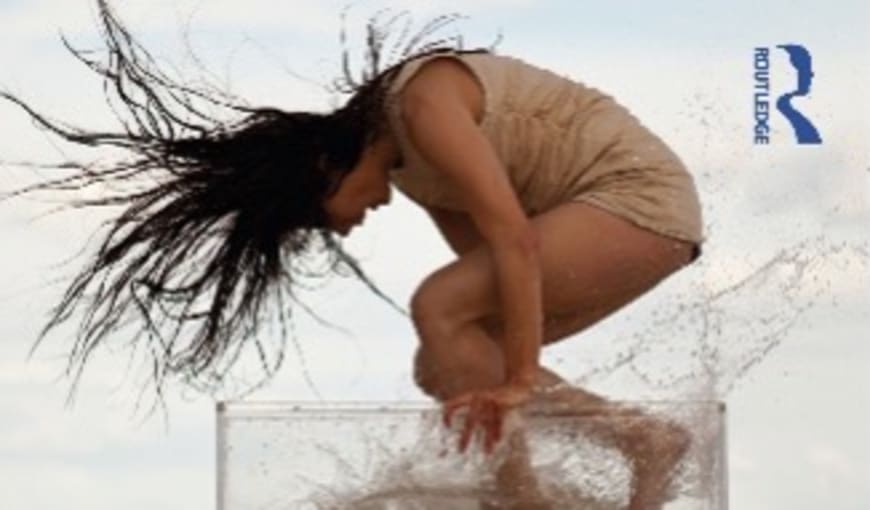
© RR i
By Jo Butterworth and Lorna Sanders
Fifty Contemporary Choreographers is a unique and authoritative guide to the lives and work of prominent living contemporary choreographers. Representing a wide range of dance genres and styles, each entry locates the individual in the context of contemporary dance and explores their impact.
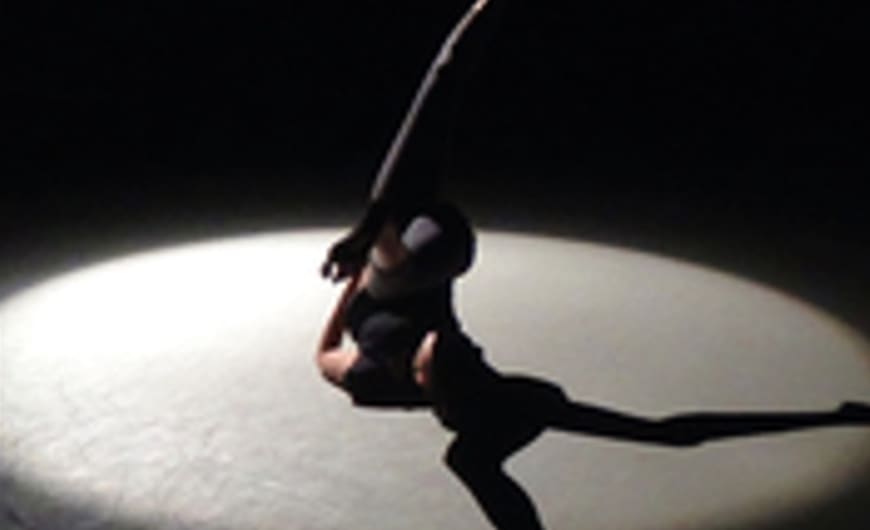
© RR i
By Flaviana Xavier Antunes Sampaio
Through a series of experimentations integrating light, shadow, and improvised dance movement, Lighting Dance highlights and analyses how innovative expression of shadow in dance can be an alternative to more conventional approaches to lighting design.
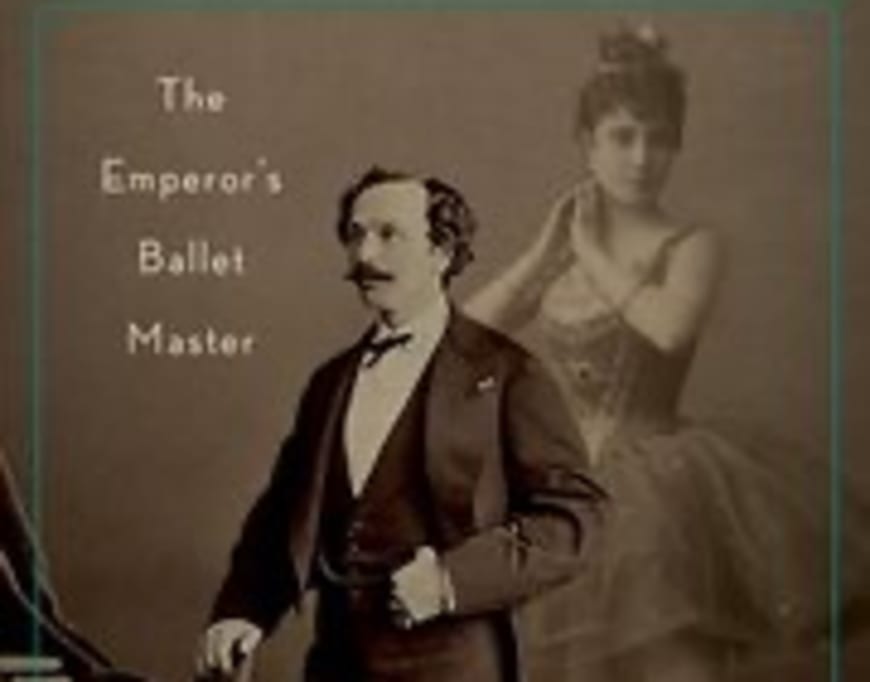
© RR i
By Nadine Meisner
Learn more about one of the most important ballet choreographers, Marius Petipa (1818 - 1910). This English biography traces the paths followed by the creative genius behind Swan Lake, The Sleeping Beauty and The Nutcracker, and uses never before seen original material from Petipa's 63 years in Russia.
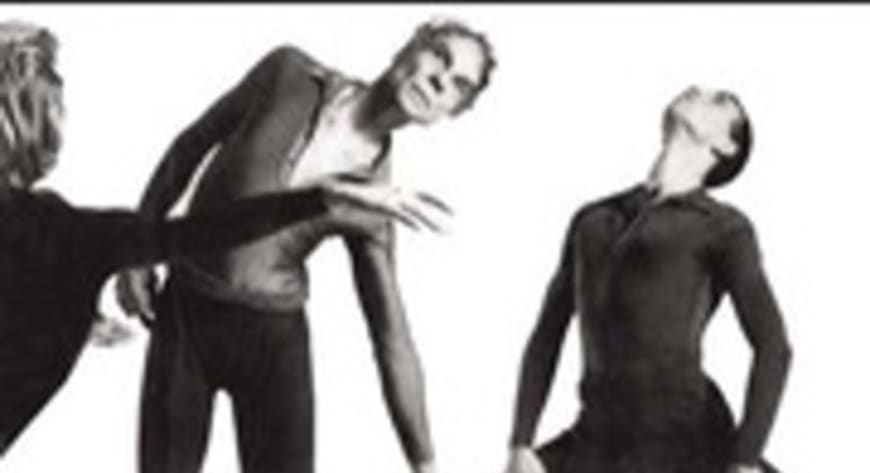
© RR i
By David Vaughan
Cunningham is strongly committed as ever to the discovery of new ways of making movement, refusing to be hampered by the physical limitations that have come with age. The essays collected in this special issue were written over the last few years and discuss various aspects of the work of Cunningham as seen both from the outside and the inside.
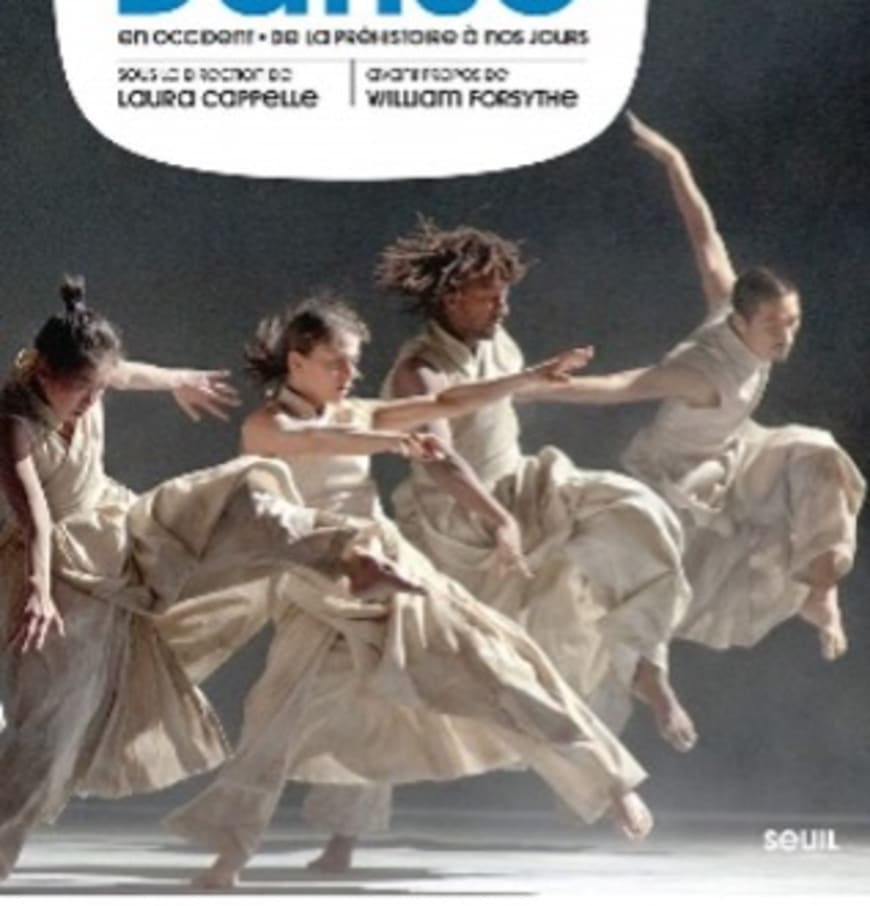
© RR i
By Laura Cappelle
Go through the history of dance from Prehistory to nowadays with Laura Cappelle, and learn more about the origins of its various techniques and practices. Be inspired by the exclusive preface by choreographer William Forsythe.
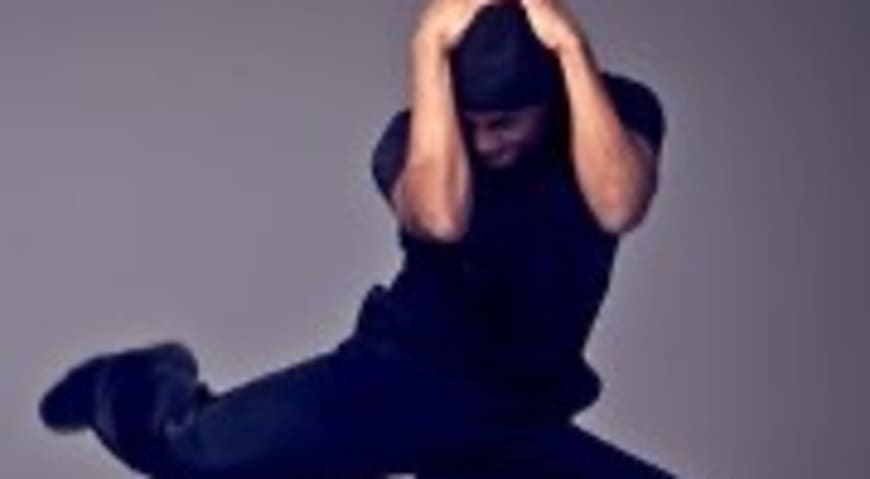
© RR i
By Vida L. Midgelow
From the dance floor of a tango club to group therapy classes, from ballet to community theatre, improvised dance is everywhere. Expanding beyond conventional dance frameworks, this handbook looks at the ways that dance improvisation practices reflect our ability to adapt, communicate, and respond to our environment.
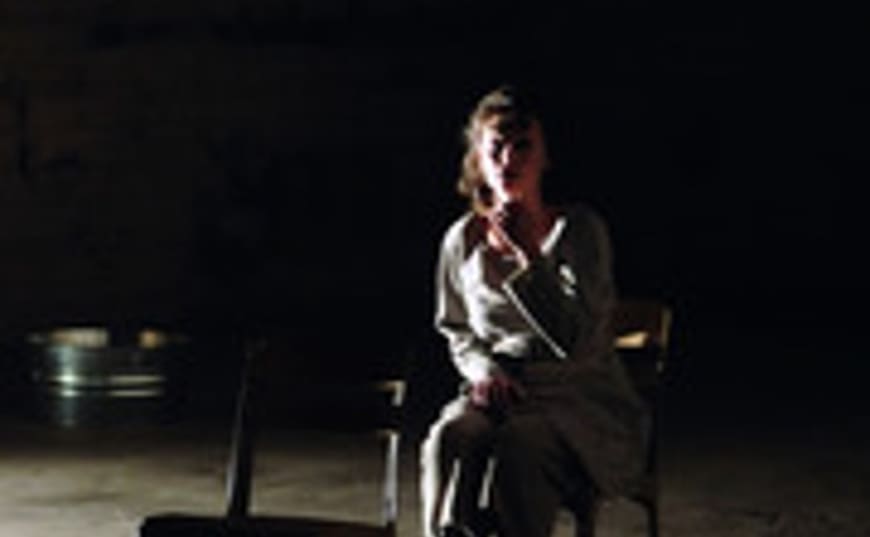
© RR i
By Rachel Bowdtich, Jeff Casazza and Annette Thornton
This anthology gives dramaturgs, actors, and directors new ways of looking at existing methods of physical dramaturgy and provides examples on how to translate, combine, and adapt them into new explorations for training, rehearsal or research.
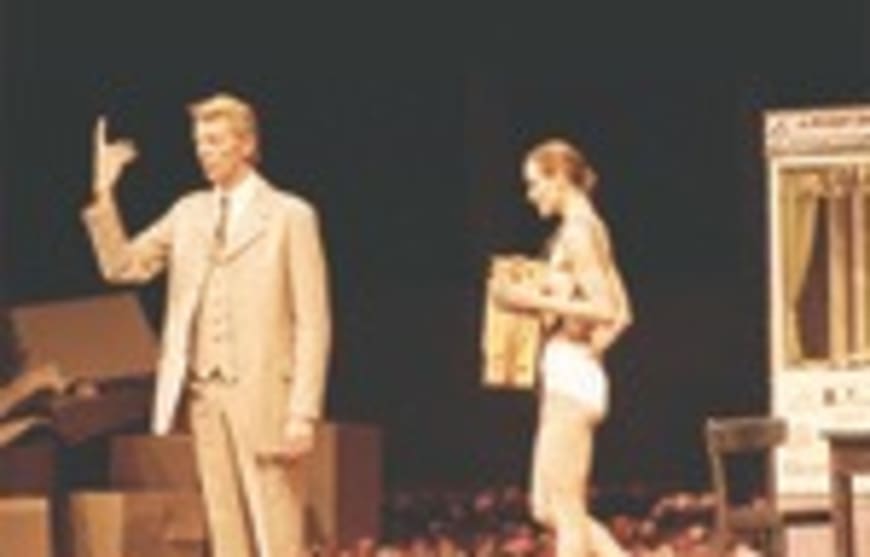
© RR i
By Lucy Weir
Pina Bausch’s Dance Theatre provides a wide-ranging study of Bausch’s aesthetic and methods of practice, with case studies ranging from the beginning of her career to her final choreographies.

© RR i
By Geraldine Morris and Larraine Nicholas
Everyone involved with dance creates and carries with them a history that can be used
in performance-making – from memories which establish identity to
re-invention or preservation through shared and personal heritages. Rethinking Dance History is an essential starting point for anyone intrigued by the rich history and many directions of dance.
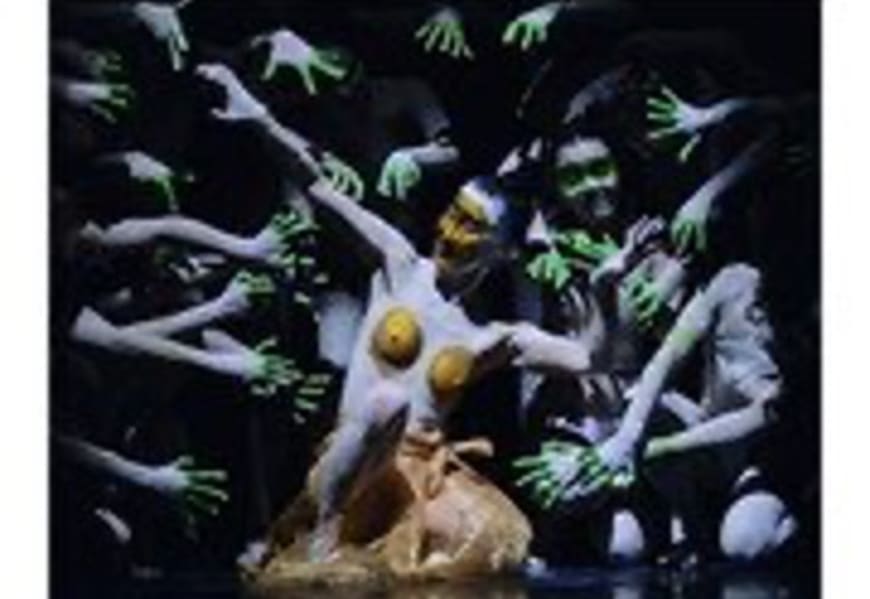
© RR i
By Bruce Baird and Rosemary Candelario
Routledge Companion to Butoh Performance provides a comprehensive introduction to and analysis of the global art form 'butoh', a dance form that originated in Japan in the 1960. It represents a major innovation in twentieth century dance and performance, and continues to shape-shift around the world today.

Support sustainable innovation in opera and dance
Outdated browser